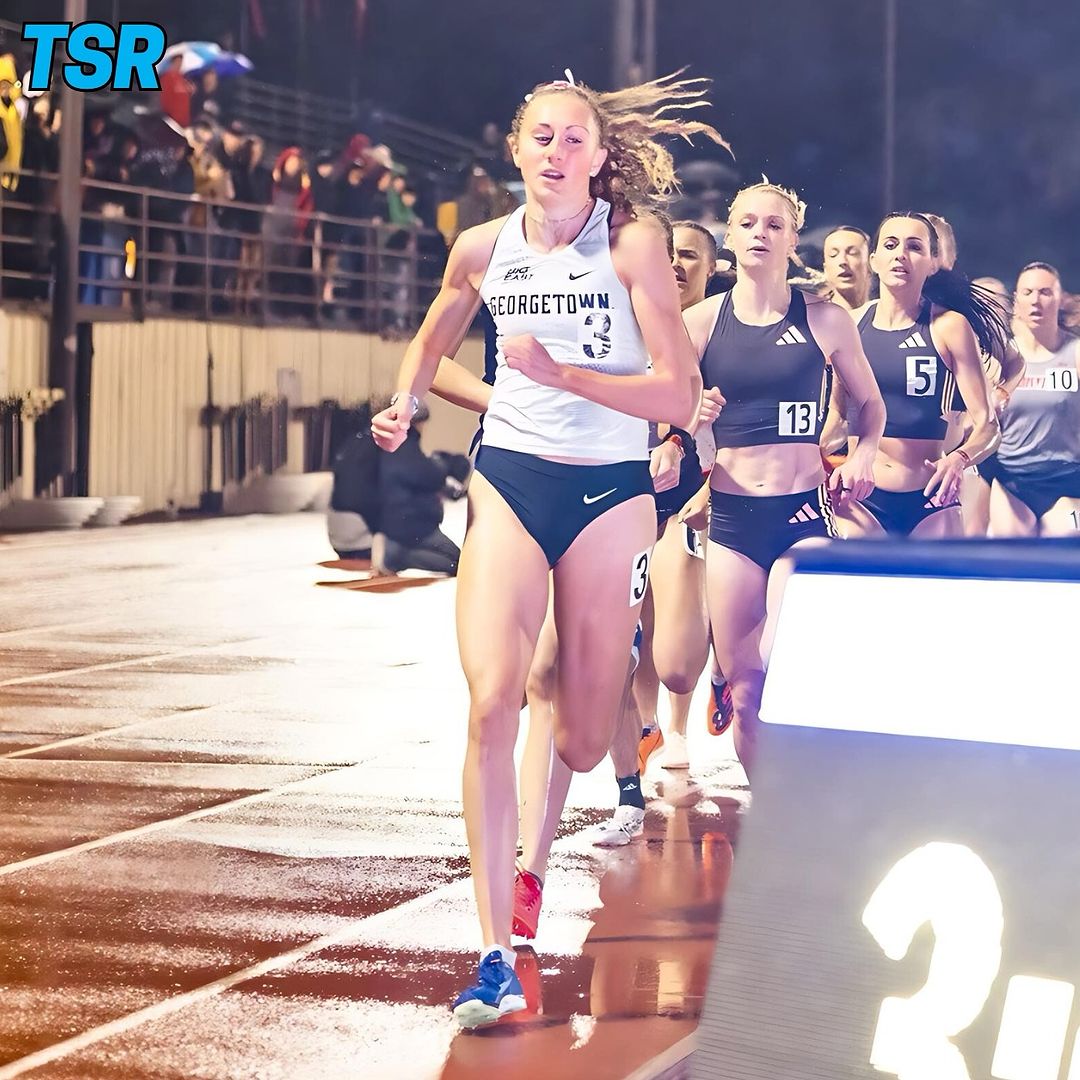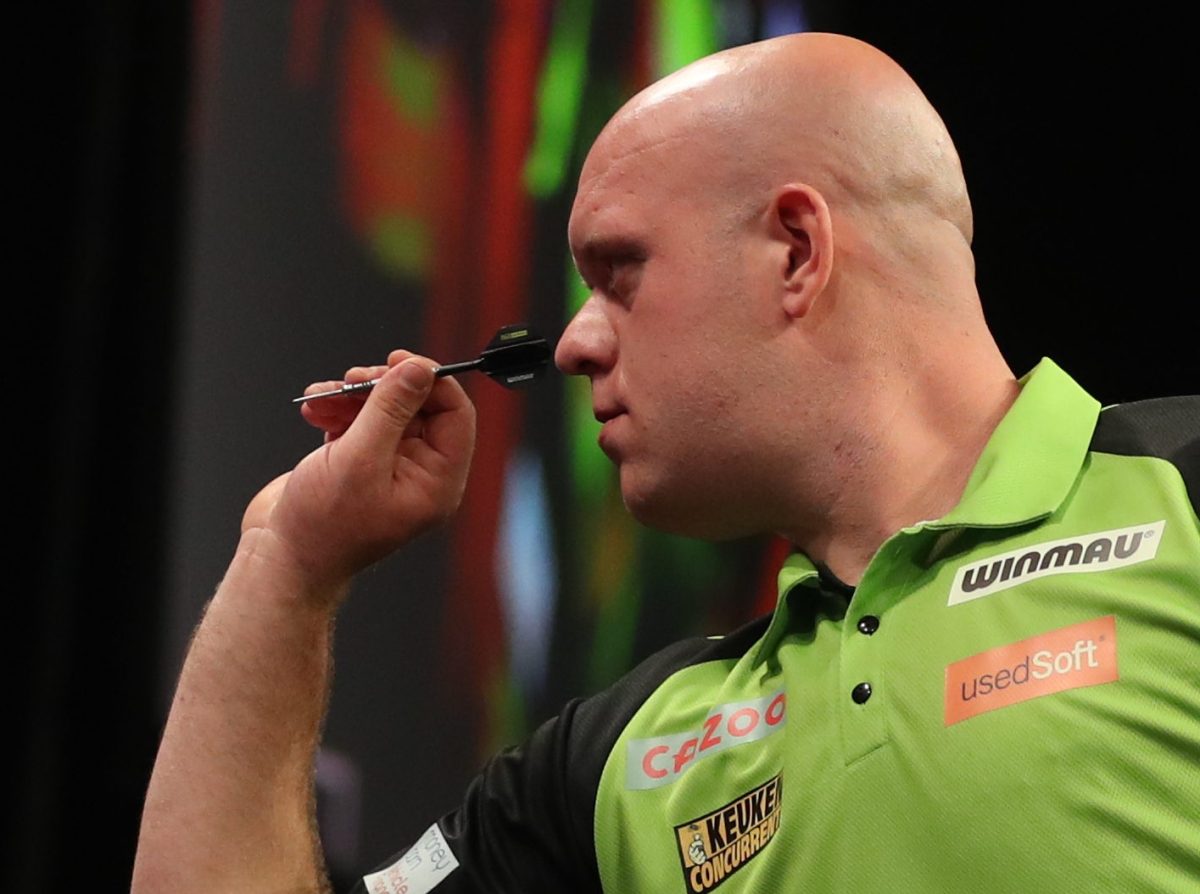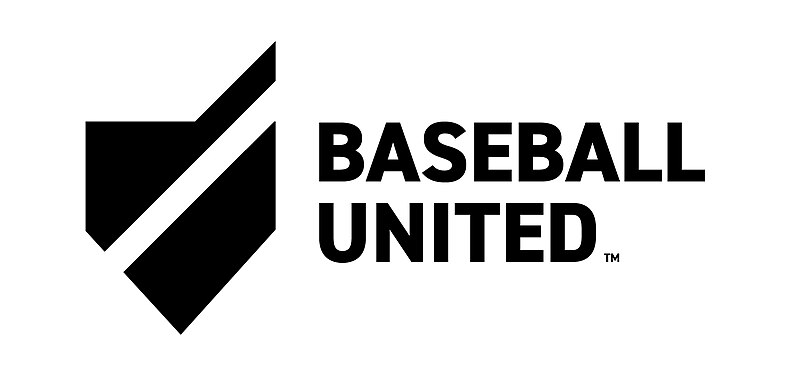Ninety-one to zero. That was the final score of a Texas high school football game last week between undefeated Aledo and winless Western Hills. The game was essentially over in the first quarter, and the score was already 56-0 at halftime.
A week after the game, a parent from Western Hills filed a bullying report, arguing that Aledo intentionally ran up the score. Such a complaint begs the question: Can a blowout be considered bullying? And if it is bullying, should we do something about it?
In Aledo’s case, the game just seemed like a solid, knockout performance by a more talented team. Aledo played faster, stronger and smarter than its opponent, and it was rewarded with 91 points and another “W” in the win column. Furthermore, the game was not an anomaly; Aledo averages 69.3 points per game, with an average victory margin of 77 points. And the team is remarkably efficient. Against Western Hills, Aledo ran just 32 plays but managed to score on about one-third of them. Its starting running back ran the ball just six times but scored four touchdowns. Western Hills never even saw the end zone and gained less than 150 total yards of offense.
Admittedly, losing sucks, and I can sympathize with the depressing feeling that Western Hills probably experienced in the locker room after the game. They’re not the only losers; blowouts have happened before, and on a much greater scale. Here are some of my favorites: Haven High School beating Sylvia High School 256-0 in 1927; Georgia Tech blowing out Cumberland 222-0 in 1916, rushing for 1,620 yards in the process; and Michigan defeating its opponents by a combined score of 550-0 in its 1901season. Western Hills is now among some pretty famous company.
Parents of the losing team need to get real. Ultimately, “fair play” is not about making the opponents feel better about themselves. A 91-0 clobbering may make you want to cry, but that is not bullying — it is just sheer domination. If Aledo was hurling insults and committing the proverbial “spitting on the enemy while he’s on the ground,” that is a different story. But as far as I can tell, Aledo is not guilty of that kind of malicious action. The parent who filed the bullying complaint even complemented the players for showing “extremely good sportsmanship.”
The supposed guilty party of the complaint, according to Aledo’s head coach Tim Buchanan, was the coaching staff for “not instructing [its] players to ease up and quit playing hard once the game was in hand.” Should Buchanan have stepped off the gas a bit? Perhaps — and he did try to. Throughout the second half, Buchanan played most of his second and third-string players and even told them to fair catch all punts.
But besides a few substitutions and playbook changes, what else could the head coach do? He could tell his running backs to only rush for a few yards, or his quarterback to throw incompletions. He could tell his receivers to avoid first downs, and his linemen to stop blocking and tackling. But such a strategy is humiliating not only for his players but also for the other team’s. It contradicts the very essence of the game — that brute instinct that compels you to hit an open hole in the defense or tackle an opponent to the ground.
You cannot stop playing, and the head coach cannot tell his players to stop trying. As Buchanan argued, “I can’t tell the backups not to play hard. They’ve worked their tails off all week. They’ve lifted weights in the offseason. I’m not going to tell them not to play.” He is absolutely right. If you’re not going to play hard, you might as well not even suit up for the second half.
Nobody likes a 91-0 blowout — it is not fun for either team, and it can be downright boring as the game wears on. But instead of complaining about how badly they were beaten, the losers should lick their wounds and admit the winner’s greatness. Instead of pointing fingers at the other team, give them a round of applause. Maybe go back to the drawing board and see what you did wrong.
Like in any sport, there are always winners and losers. Sometimes there are big winners and big losers. If you are not comfortable with losing 91-0, perhaps you should try a different after-school activity. Or concede defeat. Forfeit the game.
Whatever you do, do not ask the other team to stop playing just because they are good at scoring touchdowns. Last time I checked, scoring is still the point of the game — and as long as you do it with grace, scoring 13 touchdowns is much sweeter than not scoring at all.
Nick Fedyk is a senior in the College. More Than a Game appears every Friday.














